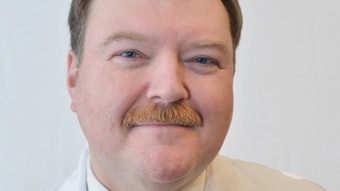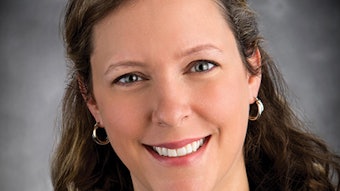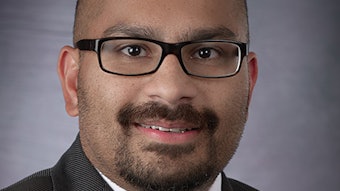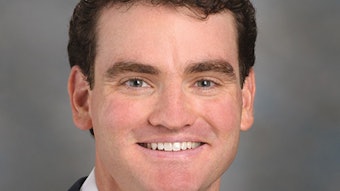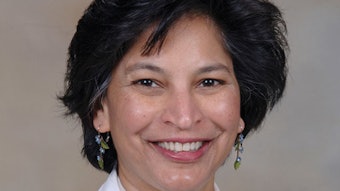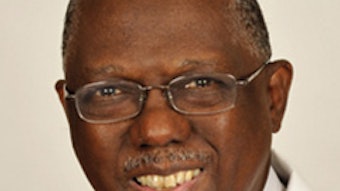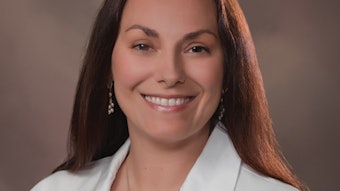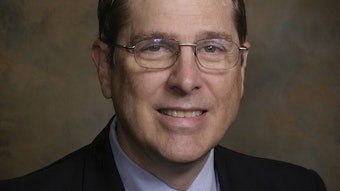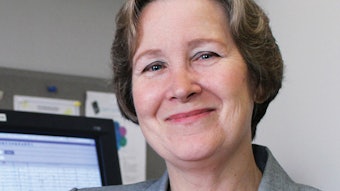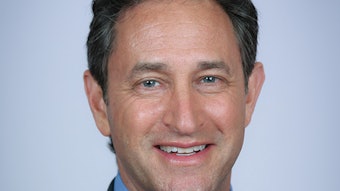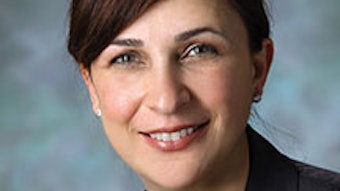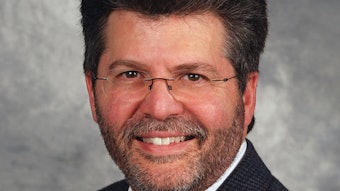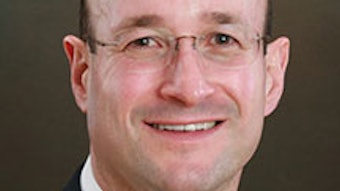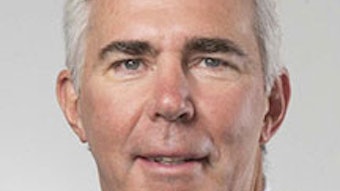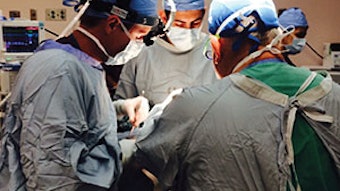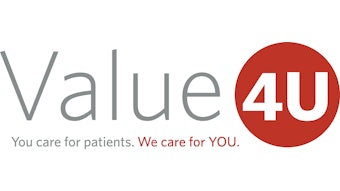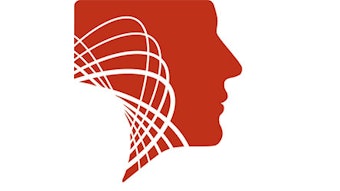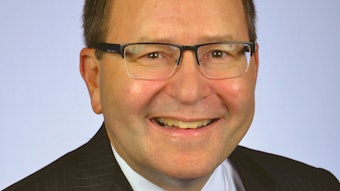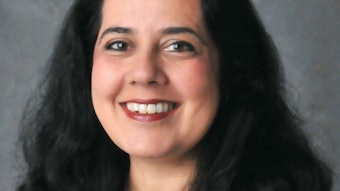2016 federal legislative priorities for AAO-HNS
The American Academy of Otolaryngology–Head and Neck Surgery (AAO-HNS) is committed to the enactment of legislation that will strengthen the delivery of, and access to, quality healthcare. To that end, the AAO-HNS urges Congress to take the following actions in 2016.
The American Academy of Otolaryngology–Head and Neck Surgery (AAO-HNS) is committed to the enactment of legislation that will strengthen the delivery of, and access to, quality healthcare. To that end, the AAO-HNS urges Congress to take the following actions in 2016:
Protect patient safety within the Medicare program
The AAO-HNS strongly believes a physician-led hearing healthcare team, with coordination of services, is the best approach for providing the highest quality care to patients. In past years, some in the audiology community have pursued unlimited direct access to Medicare patients without a physician referral, and the AAO-HNS has repeatedly opposed such legislative efforts due to significant patient safety concerns. In addition, some members of the audiology community now seek to amend Title XVIII of the Social Security Act to achieve “limited license physician” status within the Medicare program. Hearing and balance disorders are medical conditions that require a full patient history and physical examination by a medical doctor (MD) or doctor of osteopathic medicine (DO). While audiologists play a critical role in providing quality hearing healthcare, their desire to independently diagnose hearing disorders transcends their level of training and expertise. To ensure patient safety is preserved, Members of Congress are urged to take the following actions regarding audiology-related legislation:
- OPPOSE H.R. 2519, a bill that would provide audiologists with unlimited “direct access” to Medicare patients without a physician referral, and inappropriately include audiologists in Medicare’s definition of “physician.”
- SUPPORT/COSPONSOR H.R. 1116, a bill that appropriately strengthens the structure for hearing healthcare services in the United States by better aligning Medicare coverage of comprehensive audiology services with current billing and reimbursement standards of other non-physician therapeutic services covered by Medicare (PT, OT, SLP).
Reauthorize funding for Early Hearing Detection and Intervention (EHDI) program
The Early Hearing Detection and Intervention (EHDI) program helps to establish statewide plans that identify children with hearing loss, directing them to early intervention services. This vital program includes initial screening of infants for hearing loss, audiological diagnostic evaluations to confirm hearing loss, and early intervention. At the first signs of hearing loss, it is imperative that children receive medical services, access to early intervention programs, and family support. This early intervention enhances language, communication, cognitive and social skill development. The U.S. House of Representatives passed its reauthorization bill, H.R. 1344, in September 2015. To ensure continued funding for this critical program, the AAO-HNS urges members of the U.S. Senate to cosponsor, and support passage of, the Early Hearing Detection and Intervention Act (H.R. 1344/S. 2424).
Support clarity and transparency in healthcare advertisements
Currently, there is little “transparency” associated with the most fundamental and important component of healthcare delivery—the many health professionals who interact with patients every day. Recent studies confirm America’s patients prefer a physician-led approach to healthcare and are often confused about the level of training and education of their healthcare providers. Because of this uncertainty, patient autonomy and decision-making have been compromised. America’s patients deserve to be fully informed and able to easily identify in healthcare advertisements and interactions their providers’ credentials, licenses, and training when seeking treatment. Members of Congress are urged to cosponsor H.R. 1741, the Truth in Healthcare Marketing Act.
Enact comprehensive medical liability reforms
The nation’s current medical liability system places patients in jeopardy of losing their access to vital healthcare services. With affordable and adequate medical liability insurance becoming difficult to find, physicians are retiring early, limiting their practices, or moving to states with less costly premiums. This disturbing trend is leaving entire communities without access to critical healthcare services. As a specialty, in an effort to reduce and learn from instances of medical error, the AAO-HNS has committed substantial resources to and engaged our Members in proactive quality improvement initiatives. However, further statutory changes are necessary to address flaws in our current tort system and enact proven reforms to reduce frivolous lawsuits. Members of Congress are urged to explore innovative solutions to alleviate the burdens associated with the current medical liability system.
Protect funding for Graduate Medical Education (GME)
While the AAO-HNS recognizes the stark fiscal reality now present in the United States, it is critical that support and funding for the nation’s graduate medical education (GME) programs not be jeopardized as a means to achieve savings within the healthcare system. Reductions in GME funding will only cripple the nation’s already dwindling physician pipeline and leave Americans with an inadequate supply of physicians, including specialists. Tackling the deficit is important, but cutting physician training at a time when our nation faces a critical shortage of physicians would threaten the health of all Americans. The AAO-HNS urges Members of Congress to refrain from reducing and/or redistributing critical GME program funding and support legislation designed to strengthen the overall structure for GME in the United States.
Join the Congressional Hearing Health Caucus
Hearing health is a growing concern in the United States, especially as the population of Baby Boomers continues to age and our nation’s servicemen and women return home from active tours of duty. As a result, it is critically important that robust programs and research are available to mitigate the challenges associated with prolonged and acute hearing loss. The Congressional Hearing Health Caucus (CHHC) is a bipartisan caucus of members from the House and Senate committed to supporting the needs of those who are deaf or hard of hearing. The CHHC strives to increase public and Congressional awareness of the issues of critical importance to those with hearing loss through periodic briefing and correspondence. Members of Congress are urged to help promote effective hearing healthcare by joining the Congressional Hearing Health Caucus. Contact the offices of Reps. David McKinley (R-WV) and Mike Thompson (D-CA) to join.
For more information on AAO-HNS federal legislative priorities, contact the Legislative Advocacy team at legfederal@entnet.org.
